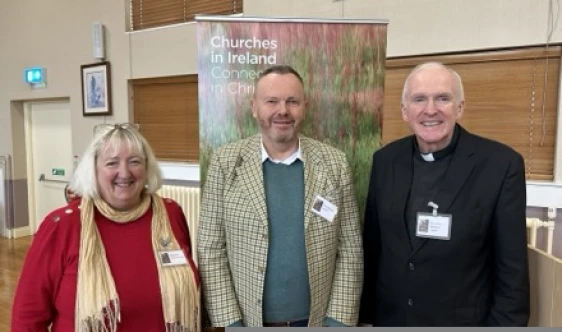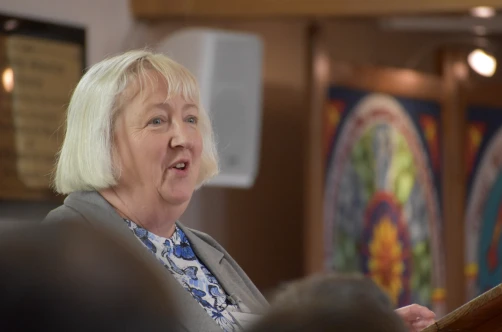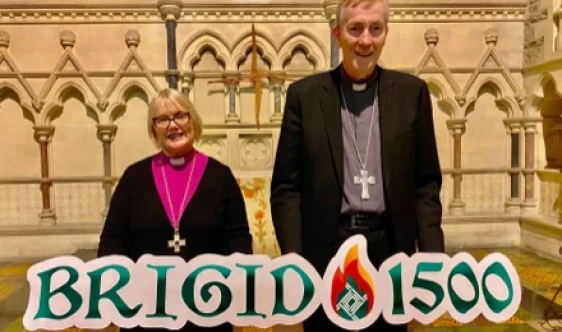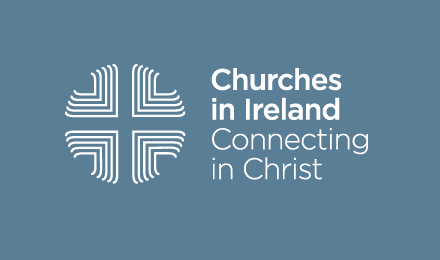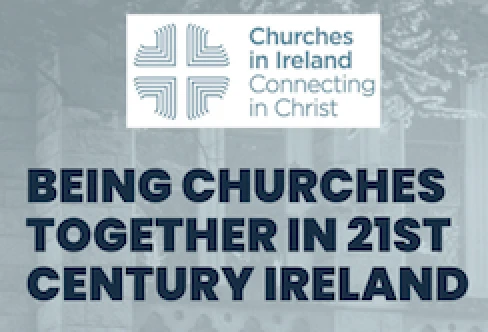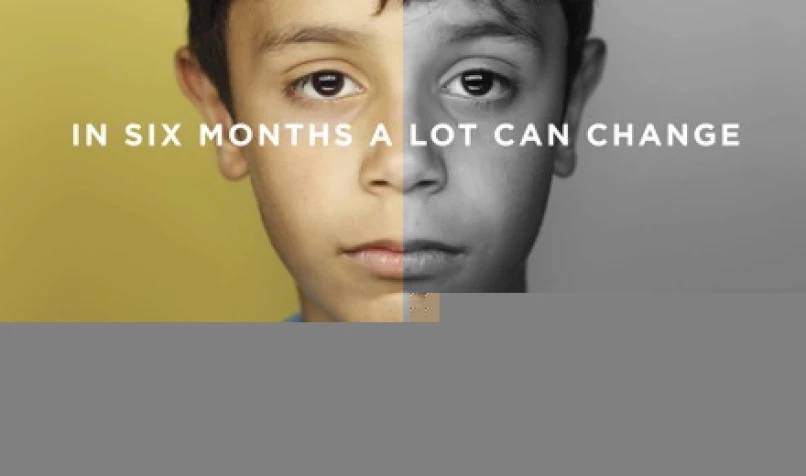
Imagine you commit to a property development off the plans. You are told there will be electric lifts. Shops will be within walking distance. There will be excellent public transportation links – including an underground into the city! There will be a swimming pool, playing fields, indoor basketball courts, and a range of schools. Each apartment will be fitted with central heating, fridges, electric cookers.
Now you move in. And while the lifts are there, they promptly stop working. The appliances are there too but when they break down, they too aren’t fixed. The shops never open. The sporting facilities are never built. The schools open but are under–funded. The transport links never materialise. With so much undelivered, is it any surprise that industry and private investment doesn’t rush into the area?
What do you think happens to this development?
You’ve probably guessed that we are not describing a hypothetical, but the reality of what was promised for Ballymun in Dublin. Those who moved in were expecting a city of the future in the sky. What they got was a development shoddily–built, half–finished, and utterly without services.
Maybe the problem with large–scale public housing developments isn’t the housing, but the prejudices of the public?
The lack of social support means that these 20th century public housing developments were bound to fail and when they did, we took that as proof that the idea – not our implementation – was bad. So by osmosis we see the people who live in social housing as bad. The impulse to stigmatise is bound up with our ideas of who is good and who is bad.
There has been a sense in our society that social housing equals antisocial behaviour. Just consider the reasons given for demolishing social housing units and ensuring “mixed” development. Underlying these narratives is the idea that certain types of people live in social housing and we need to “dilute” them with “decent, hard–working” people so that they don’t “bring an area down”. It is often hinted that people in social housing somehow can’t look after themselves and have to scrounge off the rest of us who “get up early in the morning”.
This manifests itself in tangible ways as was seen in a recent report around social housing units in a Dublin housing development. The residents in the social housing units, unlike those in all of the other apartments, are not allowed to keep pets, use their roof terrace or join the gym – even if they offer to pay for it separately! One residents’ words show how keenly she feels the stigma of being identified as living in the social housing units: “They are lovely apartments but what’s going on, we are stigmatised here. You feel it every day. If we could go back to Cuffe Street I’d go in the blink of an eye.”
Housing insecurity is now so prevalent that thousands of people who never imagined that they would find themselves in this situation now face it and the stigma associated with it. Similarly we would do well to ask ourselves if our ideas about people “who don’t deserve to be homeless” rest on the assumption that some people actually do deserve to be homeless? This means that people who face homelessness experience a sense of shame about it which further isolates them.
Dougie Hobson of the Mustard Seed Soup Run explains that there are many people who are homeless but, because of the shame they feel, hide it so successfully that nobody realises.
He tells the story of Margaret (not her real name) who he met on the soup run, who was a Christian lady and attended church regularly. She had financial difficulties and eventually ended up homeless but told nobody. Many people in the town would have known her and would never have imagined that she could have been homeless. Most of her friends to this day don’t know that she went through this, which tells you the level of shame and stigma she felt. She didn’t even feel she could tell anyone in her church about the situation she was in.
Homelessness can happen to anyone now. Mary Kilgarriff who runs the Homeless programme of Dublin Central Mission says that all it takes is one or two unfortunate events, like a relationship breakdown or job loss, to lead to homelessness. None of us are immune to such events. Stigmatising language compounds the loss of home by assuming that peoples’ situations are their own fault – somehow a result of their own bad decisions or behaviour. It deflects attention from the underlying systems which have made so many vulnerable to this calamity.
Whether homelessness is the result of an individual’s bad decisions or not, every person deserves to be treated with dignity and respect. Dougie cites several examples of how people have managed to rebuild their lives after a period of homelessness with the right supports and when are treated with dignity. Thomas (not his real name) used to be regularly seen begging at an ATM machine when he was in his late teens. He eventually got into the rehabilitation programme at Tiglin, graduated from it, went back to school and did his leaving cert in his twenties, then studied in UCD and graduated as an engineer. Today he is working and managing a team, and married. He helps others and is great at bringing hope to them.
We too can bring hope by our support of others in our local communities and churches, as well as by supporting organisations who are addressing the issue at grassroots level, and through analysis and advocacy. Our resources are designed to help churches see how they could do this.
This post is one of a series on this blog which aims to provide resources for reflection and action on the topic of homelessness. Different voices representing a number of organisations will help focus us on the scale of the issues including the personal and social impact involved. The blog inputs will also offer useful suggestions for study and civic engagement. Small church community gatherings will find them most helpful. There will be seven posts in all and they will be published on every Sunday and Wednesday in Advent. Please pass on the word to others about this initiative. May Advent be a grace–filled time for you.
Further resources for churches on housing insecurity and homelessness can be found at irishchurches.org/homeless.
